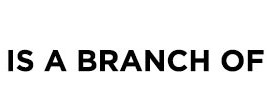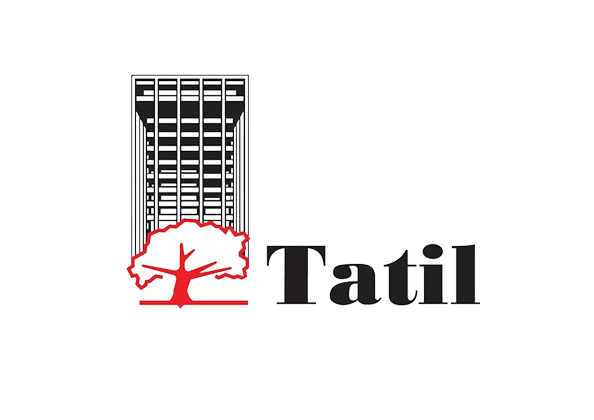Motor
What documents are required to insure my vehicle?
The following documents are required by Trident when insuring a vehicle:
- Proof of ownership of vehicle
- Valid driver’s license
- Valuation Certificate
- National ID card (or other form of valid ID)
- Road Worthy Certificate (for vehicles 7 years and older)
- Proof of No Claims Discount (if applicable)
Am I required to have my vehicle valued before it is insured?
To protect you in the event of a loss, we require a current valuation of your vehicle.
What is a No Claim Discount (NCD)?
On transfer from another insurer, the No Claim Discount (NCD) allowable will depend on the number of claim-free insurance years immediately prior to the transfer. If more than one vehicle is insured, NCD shall apply separately to each vehicle. NCD cannot be transferred from one person to another.
Would I be entitled to the full sum insured in the event of a total loss?
In the event of a total loss, you will be entitled to the amount for which the vehicle is insured less the Excess stated in the Policy or any Endorsement attached.
If I am not using my vehicle, for example, due to being out of the country or mechanical problems, am I required to continue insurance coverage on the vehicle?
If the vehicle is going to be off the road for an extended period of time, you should maintain enough coverage to protect it in the event of fire and theft. When you are ready to drive the vehicle again, you can re-add the additional coverage. It is not recommended that you cease coverage all together as this indicates a lapse in insurance coverage which is an important factor in obtaining future coverage.
What is collision coverage?
Collision coverage pays for damage to your car in the event of an accident.
What is the difference between Comprehensive coverage and Third Party coverage?
If you are involved in an accident and are at fault, Comprehensive coverage allows for repairs to your vehicle and the other person’s vehicle. However, Third party coverage will only allow for repairs to the other party involved in the accident.
Do you offer payment plans for my premium?
Yes, our regular payment plan allows you to pay your premium in 4 monthly installments.
Additionally, our Flexi-Pay allows you to pay your premium in 10 monthly payments (Subject to credit approval).
What does Excess mean?
Excess refers to the portion of an insurance claim which is not covered by the policy.
How is the Deductible/Excess applied to a claim?
Generally speaking, the higher your excess is, the lower your premium will be. In the event of a claim, the Excess is first applied to the cost of replacement. If the cost of replacement is less than the excess amount or a little more than the excess amount, most people do not file a claim since doing so may affect their No Claims Discount.
When is a Road Worthy Certificate required?
A Road Worthy Certificate is required for vehicles ten years and older. Trident offers this service free of charge to its customers by appointment only. Please call 431-2347 to schedule an appointment.
How soon should I submit a claim after a loss?
You should submit a claim within 48 Hours of the occurrence. In the case of an auto accident, our Road Rescue/Accident Assist team will fill out the claim paperwork for you and submit the claim immediately. Our RaodRescue/Accident Assist team can be reached by calling 421-2347.
Property
What documents are required to insure my property?
The following documents are required by Trident when insuring a property:
- Proof of ownership of property
- Valuation Certificate of property
- National ID card (or other form of valid ID)
- Completed proposal form
- List of items to be insured under the contents section including the serial numbers and brand names of electrical items
- Recent valuation appraisal on jewellery and valuables
- If there is a mortgage on the property, the name and address of the mortgagee should be provided
Is a valuation required in order to insure my property?
Yes, a valuation is the only means of knowing the full replacement value of your property.
What type of insurance do you offer to renters of a property?
We offer renter’s insurance which provides insurance coverage for your personal belongings. Renter’s insurance also provides you with protection against liability claims in the event that someone gets injured in your home while you are renting it. The building owner is responsible for structural damage of the home but not for your belongings.
What is covered under insurance of content?
Under this section we will insure your household goods, personal effects and fixtures and fittings whilst they are in your home against loss or damage.
What factors are used to determine the premium for a home/property insurance policy?
Following are some factors that are used to determine the premium for a home/property insurance policy:
- Construction of the home (example, wooden or brick)
- Age of Property
- Location of property (example, inland or coastal)
At what value should I insure my home?
You should always insure for the full replacement value of the property. If you insure your property for less than the full replacement value and you suffer a loss, it may be very expensive for you to replace the portion that was not insured.





